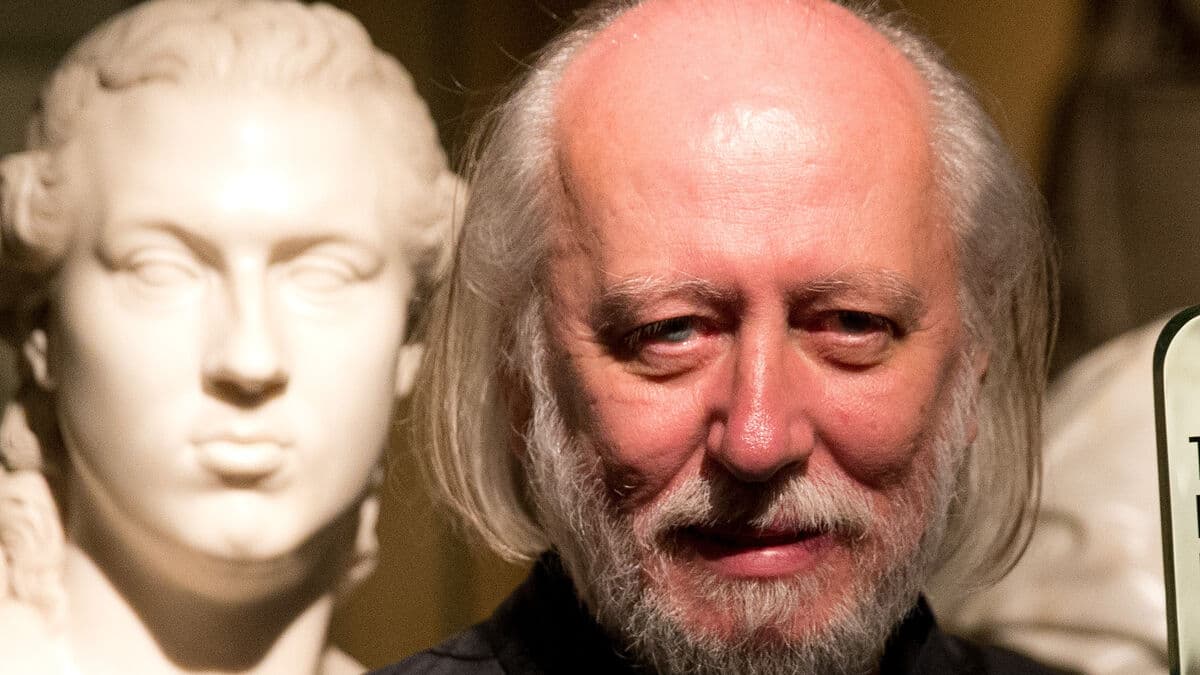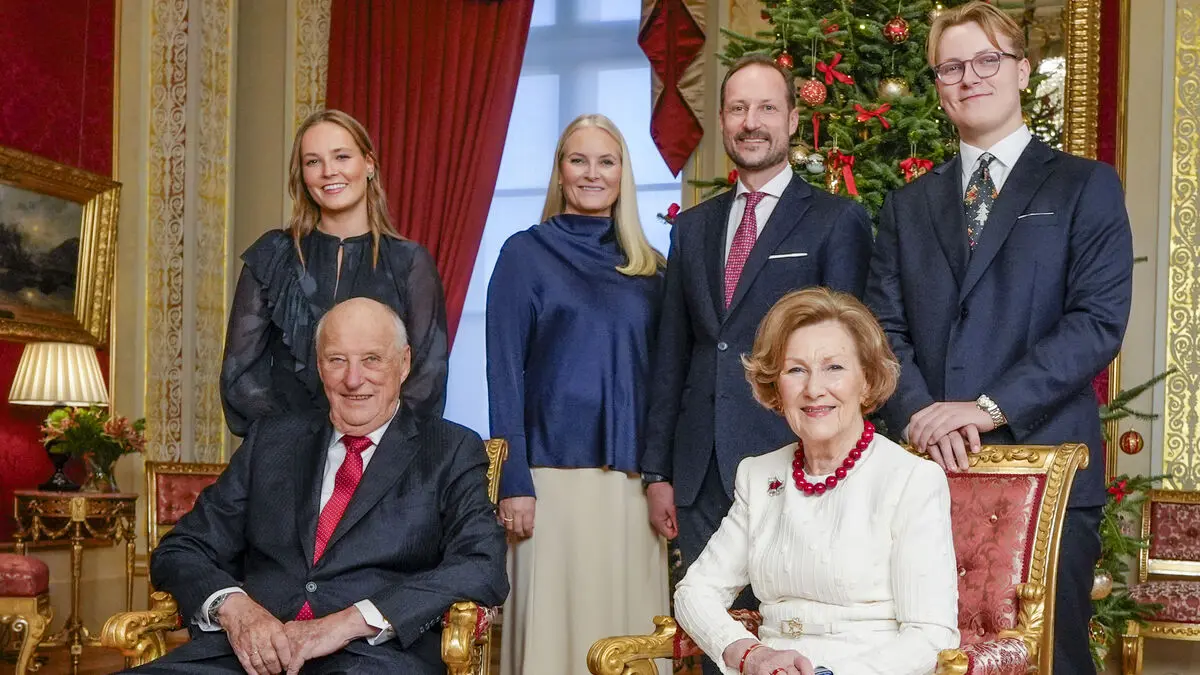Abdollahi highlights Krasznahorkai's ability to write with both seriousness and humor, and sees him as "a wonderful heir" to the Austrian author and playwright Thomas Bernhard.
That Krasznahorkai received the prize this year was not surprising, she thinks:
I am not one of those who think that the literature prize must surprise – it is primarily the good literature that should be awarded. With Krasznahorkai, ambitious literature is in focus again.
Dramatized in Sweden
Krasznahorkai's novel "The Melancholy of Resistance" has recently premiered in dramatized form at the Dramaten in Stockholm, adapted by Ulla Kassius. She describes Krasznahorkai's text as unparalleled:
The text is hypnotic. It describes page after page the total violence without pause. It is like a torrent, there is an incredible immediacy in this text – not just in the story, but also in how the words hit each other, she says.
Ida Ölmedal, cultural editor at Svenska Dagbladet, thinks the choice is good, although not surprising.
It is within the Academy's previous area of interest with the Eastern European 20th-century experience. It is also within a tradition to reward authors who are not particularly popular in their home countries.
She looks forward to seeing how the news is received by nationalists in Hungary.
We recently had a controversy where we did an interview with Krasznahorkai where he expresses himself critically about contemporary Hungary and it led to him being attacked in the Hungarian media. Even in his literature, one sees a socially critical undertone.
Fun
Author Daniel Sjölin thinks that the Academy has finally chosen a fun author.
There is in him, unlike many other winners in recent years, something that is absolutely essential, namely humor. Now all those who have complained that the Academy makes boring choices can be quiet. I say big congratulations to literature, he says.






